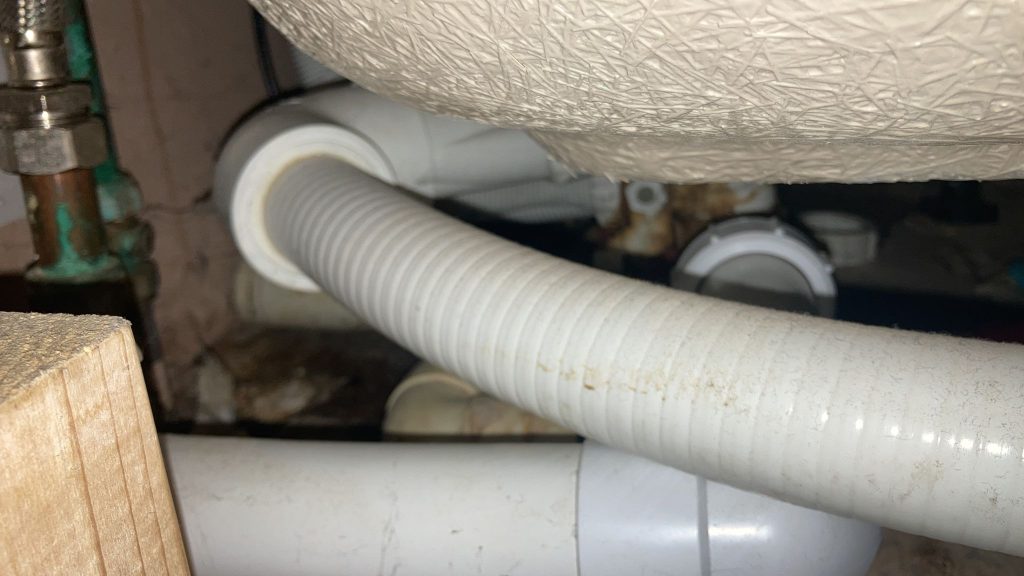Prevent Drain Blockages: A Comprehensive Guide
When it comes to home maintenance, one often overlooked but critical aspect is preventing drain blockages. A clogged drain can lead to a host of issues, from foul odors to costly plumbing repairs. In this article, we will explore effective strategies to prevent drain blockages and keep your plumbing system in top shape. Let’s dive in!
Understanding Drain Blockages

What Causes Drain Blockages?
Drain blockages occur when foreign objects or substances obstruct the flow of water through your plumbing system. Common culprits include:
- Hair: Hair buildup in shower and bathroom drains is a frequent cause of blockages.
- Grease and Oil: Pouring cooking grease or oil down the kitchen sink can lead to blockages as they solidify over time.
- Food Particles: Food debris in the kitchen sink can accumulate and block the drain.
- Soap Scum: Soap residue in bathroom sinks can mix with other debris, creating obstructions.
- Foreign Objects: Items like jewelry, toys, or small items can accidentally fall into drains.
Signs of Drain Blockages
It’s essential to recognize the signs of drain blockages early to prevent further damage. Look out for:
- Slow Drainage: Water takes longer to empty from sinks, tubs, or showers.
- Unpleasant Odors: Foul smells emanating from drains can be a sign of trapped debris.
- Gurgling Sounds: Strange noises when water is draining may indicate blockages.
Preventative Measures
Regular Maintenance
One of the most effective ways to prevent drain blockages is through regular maintenance:
- Use Drain Screens: Install drain screens or strainers to catch hair and debris before they enter the drain.
- Flush with Hot Water: Regularly pour hot water down drains to melt away grease and soap residue.
- Baking Soda and Vinegar: A natural and eco-friendly way to clean drains. Pour baking soda, followed by vinegar, down the drain, and rinse with hot water.
Mindful Disposal
To avoid kitchen drain blockages:
- Dispose of Grease Properly: Allow cooking grease to cool, then dispose of it in a designated container rather than pouring it down the sink.
- Scrape Plates: Before washing dishes, scrape food particles into the trash to prevent them from entering the drain.
Preventative Maintenance Services
Consider professional services such as:
- Drain Cleaning: Periodic drain cleaning by a Blocked Drain Bristol drain unblocking engineer can remove buildup and prevent blockages.
- Tree Root Inspection: If you have trees near your sewer lines, periodic inspections can prevent root intrusion.
DIY Solutions
Homemade Drain Cleaners
- Baking Soda and Vinegar: As mentioned earlier, this natural remedy can help maintain clear drains.
- Plunger: A simple tool to dislodge minor blockages.
Avoid Chemical Drain Cleaners
Chemical drain cleaners can be harsh on pipes and the environment. It’s best to avoid them.
Preventing drain blockages is essential for maintaining a healthy plumbing system. By following the tips mentioned in this guide, you can keep your drains clear and avoid the hassle and expense of blockage-related issues.
FAQs
- How often should I clean my drains? Regular maintenance, such as flushing with hot water, can be done monthly. Consider professional cleaning every 1-2 years.
- Are chemical drain cleaners safe to use? It’s best to avoid chemical drain cleaners as they can damage pipes and harm the environment.
- Can tree roots cause drain blockages? Yes, tree roots can infiltrate sewer lines, leading to blockages. Periodic inspections can prevent this.
- What’s the best way to prevent bathroom drain blockages? Using drain screens and cleaning with baking soda and vinegar are effective preventive measures.
- Is DIY drain cleaning effective? DIY methods can work for minor blockages. However, professional blocked drain Bristol cleaning is recommended for stubborn clogs.
Incorporating these preventive measures into your routine can save you both time and money in the long run. Remember, a little maintenance today can prevent a major plumbing disaster tomorrow.